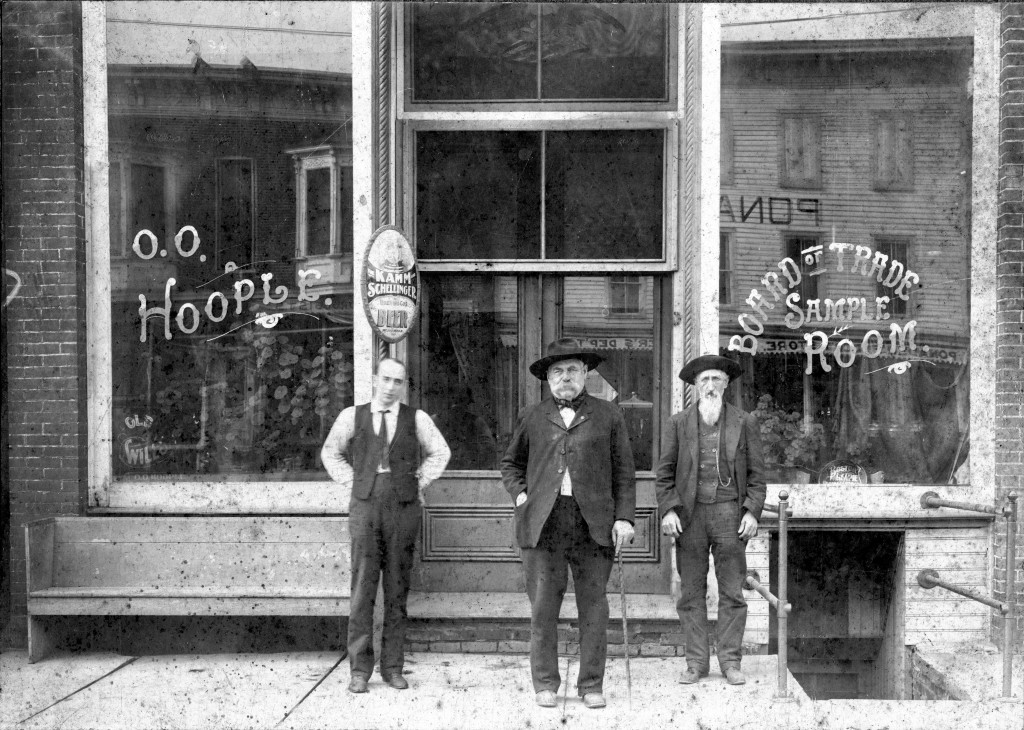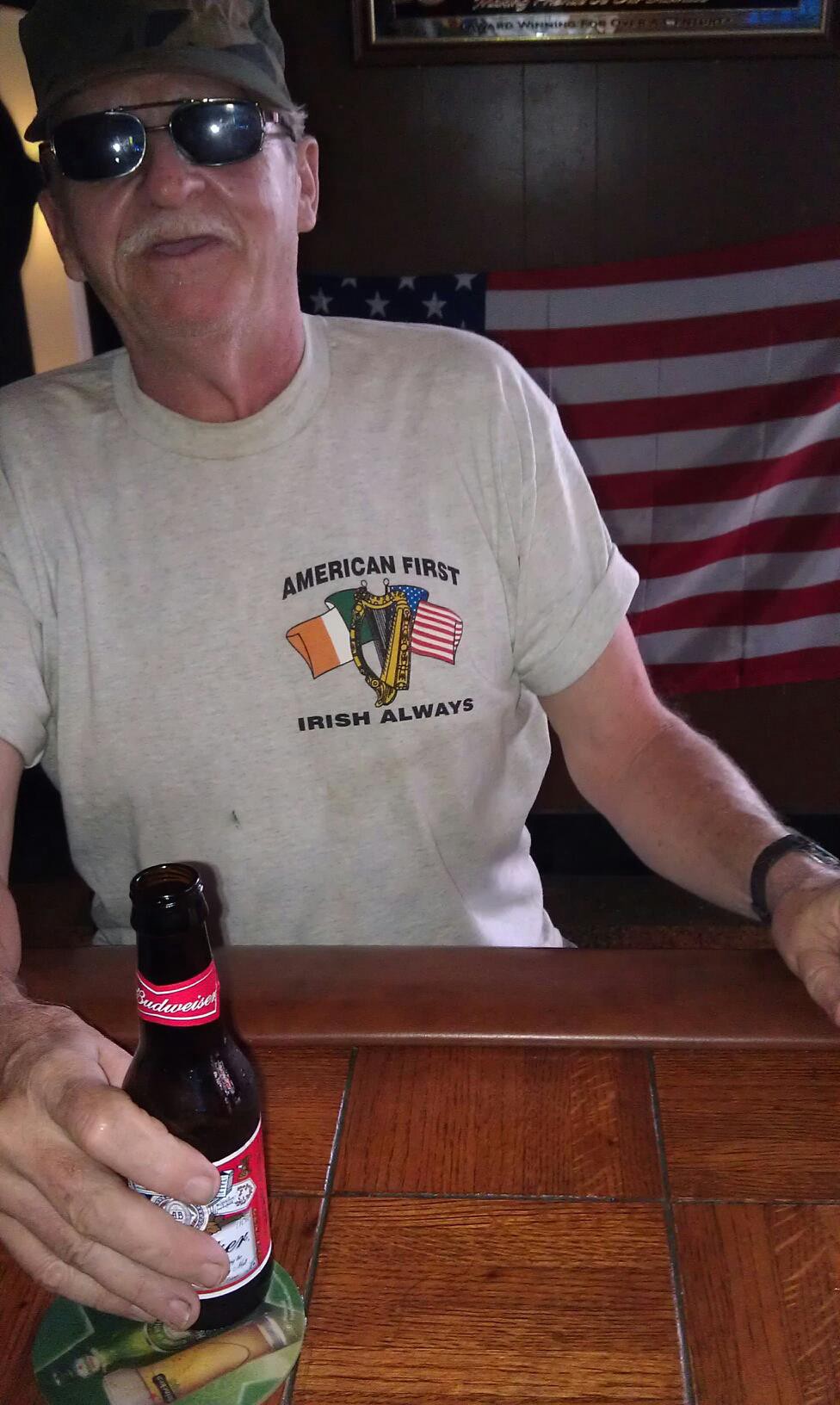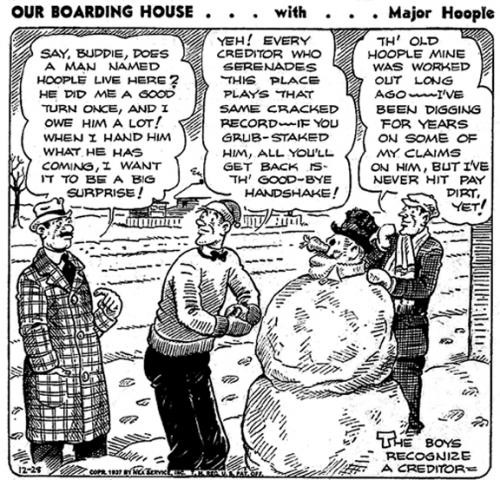What's in a Hoople?
Also known as a ‘quango’

Did you know that in parts of Appalachia a groundhog is called a whistle pig? It’s a much cuter name than groundhog. According to The Dictionary of American Regional English localized slang like “whistle pig” is on the verge of extinction. Acast, a site that hosts podcasts for outlets like Buzzfeed and the Financial Times, is working to change that by encouraging hosts to use the endangered terminology in their podcasts before we give up and settle for identifying every living creature as dat boi. According to Adrienne LaFrance in The Atlantic:
The effort isn’t meant to be subliminal — listeners won’t just hear casually peppered-in references to “bat hides” (dollar bills, according to Southwestern slang) and “skillpots” (turtles, to folks in Washington, D.C., apparently). Instead, says Karl Rosander, the president of Acast Stories USA, these endangered terms will be contextualized and pronounced correctly in a return to public discourse that just might save them.
Last month I interviewed retired electrician, Marty Boorman, for a story about declining American Legion membership and he spoke of my former boss, who owned a nearby bar and passed away recently. “He ran a hoople house,” Marty said. “But it was our hoople house.” It’s the kind of term you kind of understand instinctively, but I’d never heard it before and I wasn’t sure if it was real or just an invention of Marty’s.

I asked a bunch of regulars at older neighborhood bars around Brooklyn and apparently everyone over the age of sixty was familiar with the term but no one was sure where it came from. “A hoople house is a shitty place,” said Tommy McNamara, outside of Smith’s Tavern on 9th Street and 5th Avenue. “You don’t wanna go there.” His wife, Evelyn, and their friend, John, reaffirmed this:
Evelyn: A den of — a den of iniquity. John, do you have that on your phone? What’s a hoople house?
John: Where I live.
Evelyn: Oh, go away with yourself. Look up hoople house. It’s slang for a den of iniquity.
Tommy: It was a place you didn’t wanna go to. All hooples hang out there —
Evelyn: Hooples are drunks.
Tommy: Yeah, derelicts.
Evelyn: But, a hoople house is a den of iniquity.
Whether the hoople house is inherently good or bad seems to depend on your personal taste — Marty Boorman used it exclusively as a term of endearment — but the aggregate understanding is that the hoople house is marked by an air of absurdity. It’s not just a dive bar, it’s barely recognizable as a functioning business. Customers live in the back rooms for months at a time, money is hidden behind loose boards and forgotten, parts of the ceiling fall in every once in awhile. It smells like cleaning products and stale beer and something sort of gross that’s harder to pin down. Not body odor, but an almost animal smell — alive and unwashed. There are occasional fights and frequent conga lines. Everything hovers on the brink of total collapse.
Regionally speaking, the use of “hoople” as slang for a ne’er-do-well is hard to pin down, but it seems most concentrated in New York. Hooples first appeared in print in Dennis Smith’s Glitter and Ash and Walter Stovall’s The Minus Pool, both published in 1980 and set in New York City, and hoopleheads and hooples pop up throughout the shows Deadwood and NYPD Blue, both written by Buffalo native, David Milch. Deadwood, a show about mustaches and guns, has been hands down the best thing to happen to the word in the last thirty years, but the within the show the term is an anachronism. According to The Concise New Partridge Dictionary of Slang and Unconventional English, “hoople” dates back to 1928 and means a fool or a dolt, while “hoople head” dates back to 1985 and means an idiot.
The term is also used in Willard Manus’s 1966 novel Mott the Hoople, from which the ’70s English band took its name, but Manus’s hooples are upstanding citizens. According to Kirkus Reviews, hooples “make the whole game possible, Christmas Clubs especially, politics, advertising agencies, pay toilets, even popes and mystery novels.” None of the people I spoke to who used the term hoople in earnest had read or even heard of the novel—they thought it was just a band. They had heard of Our Boarding House, a syndicated comic strip that ran from 1921 to 1984.

Sometimes misidentified as “Major Hoople’s Boarding House,” the boarding house actually belonged to Major Hoople’s wife, Martha. Major Hoople didn’t show up until four months into the comic’s run, returning from a ten year absence. “Mrs. Hoople’s Globe Trotting Husband Comes Back Home!” reads the caption. Mrs. Hoople looks excited initially, but what follows reads like a grim epilogue to The Odyssey. Odysseus, always something of a sociopath (remember when he watched his dog die on top of a pile of shit and he just kept walking?), becomes a pompous sluggard in his old age. After years of waiting for him to come home from war, Penelope is reduced to waiting for him to come home from the bar so she can go after him with a rolling pin. People loved it! From Toonopedia:
Perhaps the greatest windbag, stuffed shirt and blowhard ever to “hrumph” his way across the funnies page…Major Hoople had a huge, bulbous nose and an even huger gut. He sported a scraggly moustache and smoked rank cigars. He was seldom seen without a battered fez. In addition to near-archaic expressions like “egad” and “drat”, he was often heard mouthing such non-words as “fap”, “awp” and “kaff”. His favorite mode of expression was long-winded discourses about his prestigious and astonishing experiences, which nobody took seriously and only his occasionally-seen nephew, Alvin, even pretended to pay attention to.
Like its possible namesake, the hoople house has very few manners, but it does have a sort of muddled code of honor — you’re free to mock the other customers, but only if you acknowledge you’re on the same level. It’s not unlike the Internet in that way. It may seem like a nightmare sometimes but it’s your nightmare, the fact of your presence implicates you. Maybe you don’t have any familiarity with off-track betting or Klout scores yet, but once you sit down that’s it, it’s over. This is where you live now. If you have a loud, abrasive family it will remind you of your family; if you don’t, it will remind you of what your family is repressing. If you are truly well adjusted, well I don’t know what to tell you. Maybe you’re not as well adjusted as you think — I mean look at yourself, you walked in here.
